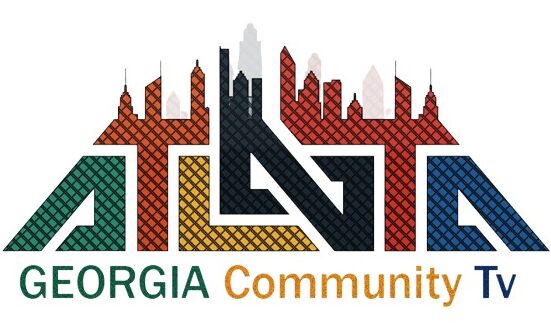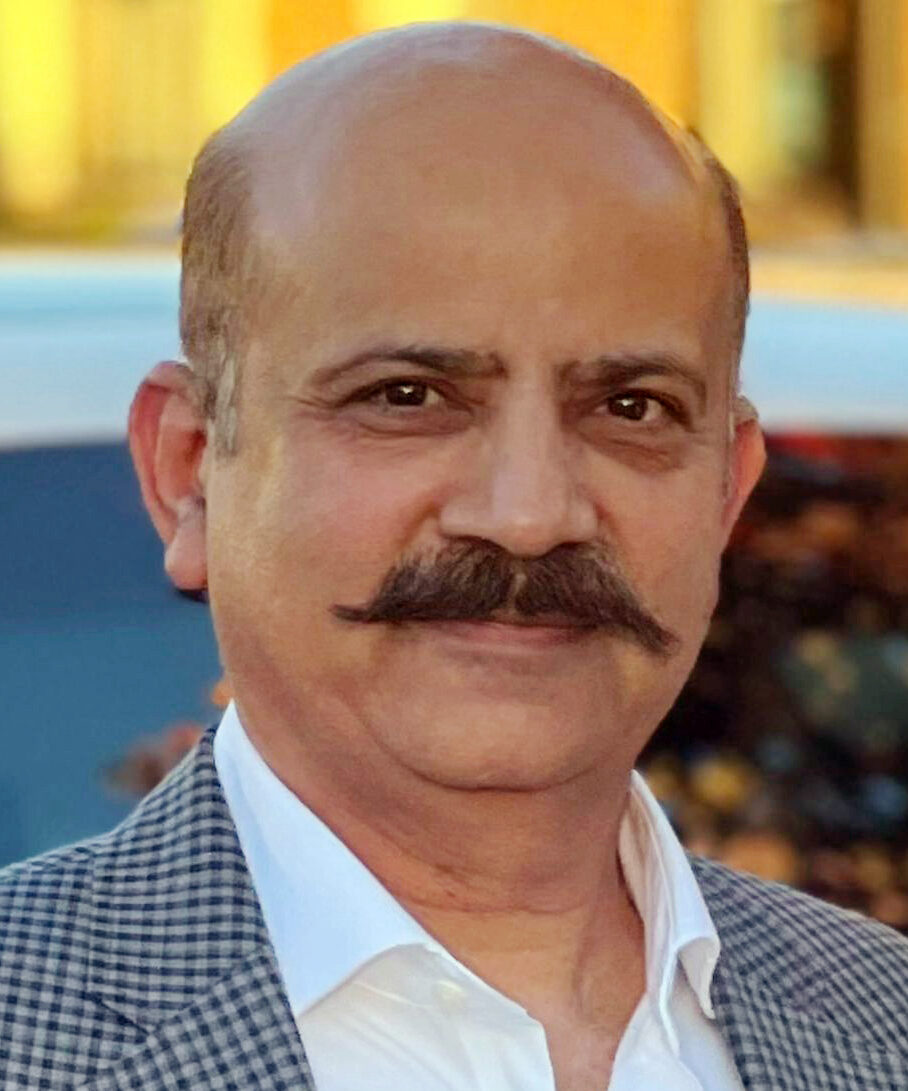“Wicked” Star Marissa Bode Called Out The Met Gala For Its Lack Of Accessibility And Inclusion

Hot Topic
Wicked star Marissa Bode called out the Met Gala and the fashion industry at large for their lack of disability inclusion.
Despite people with disabilities forming the largest minority in the world (around 28% of people in the US), they are hugely underrepresented at the annual event, which typically has around 450 attendees. Some of this year’s Black dandy-inspired looks featured items that can also be seen within the context of disability, such as canes and eye patches.
Criticisms about how the event is physically inaccessible to some have been noted before, as writer and disability advocate Hannah Diviney previously wrote, “As a visibly physically disabled woman (I navigate the world in a wheelchair) there is perhaps no greater signal that people like me are not really all that welcome in the worlds of fashion, culture and the currency of how an invite into the upper echelons of power, fame, wealth and influence are won, than those goddamn stairs. We don’t belong. We are not worthy. That’s the message of the inaccessibility of the Met Gala telegraphs.”
Let’s chat about all things Met Gala
In a recent follow-up video, she continued, “One more thing about the Met Gala, but also the fashion [and] acting industries as a whole, disabled people have been screaming for years to be included. Not just, ‘Oh, you can book this one special diversity shoot. Oh, you can be a part of this one special episode.’ I mean, included.”
Further specifying that she welcomed situations in which there was more than just one disabled person, she explained, “While none of us need some savior to come and rescue us, all we want is to be heard and listened to and included. And this goes along with the conversation of inspiration porn and calling a disabled person ‘inspiring’ — but not doing anything in your everyday life to actually make sure that your spaces are accessible, or fighting alongside disabled people.”
The actor emphasized the feeble attempt at allyship in non-disabled people calling disabled people “inspiring,” without engaging in any other advocacy. Along with other examples, such as inquiring about ramps in buildings and accommodations in schools, she added, “If you’re in the industry and have the means to do so, ‘Hey, why aren’t there other disabled people at the Met? And who can I talk to to help that happen?'”
“I am begging others and non-disabled people to uplift those voices and question those within your spaces — and those people within power to step it up. If y’all are truly allies, do the work. Help us all get there, because we cannot do this on our own,” she concluded.







